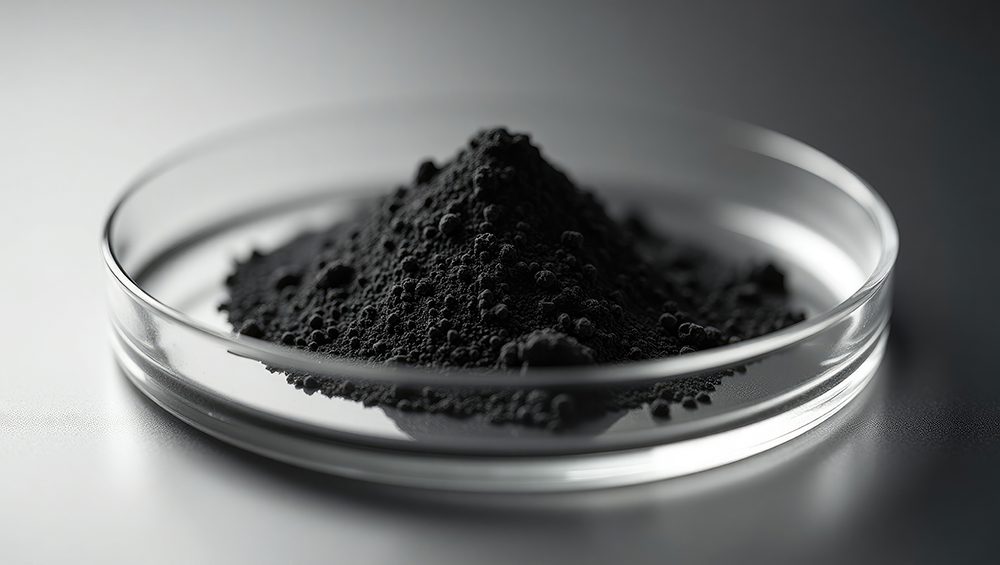US-based battery materials company Tyfast Energy has been awarded a $100,000 SuperBoost grant from the National Science Foundation’s Energy Storage Engine in Upstate New York to develop its lithium vanadium oxide (LVO) anode technology.
Tyfast says its LVO anode platform could enable lithium-ion batteries to charge in under 10 minutes, operate reliably between -40° C and +70° C and exceed 10,000 charge cycles. These performance metrics are suited for defense, heavy-duty transportation, construction and other industrial applications.
As part of the SuperBoost project, Tyfast will partner with Binghamton University’s NorthEast Center for Chemical Energy Storage (NECCES) to scale roll-to-roll electrode manufacturing and assemble 1-5 Ah multi-layer pouch cells. These prototypes will be delivered to customers for evaluation and field testing.
A major US defense contractor is testing Tyfast’s technology and exploring integration opportunities for programs that demand fast-charging, long-life battery cells.
The SuperBoost program is a signature initiative of the NSF Energy Storage Engine in Upstate New York that aims to shorten the commercialization timeline for promising battery technologies from over five years to fewer than two by providing non-dilutive funding, access to regional prototyping infrastructure and connections to a statewide innovation network.
“Tyfast’s high-performance anode technology shows strong potential to meet the demanding requirements of defense and industrial electrification,” said Fernando Gómez-Baquero, Director of the Translation Pillar at the Engine. “With SuperBoost support, they’re moving rapidly from lab-scale validation to real-world deployment, leveraging regional assets like NECCES to accelerate their path to market.”
Source: Tyfast Energy



